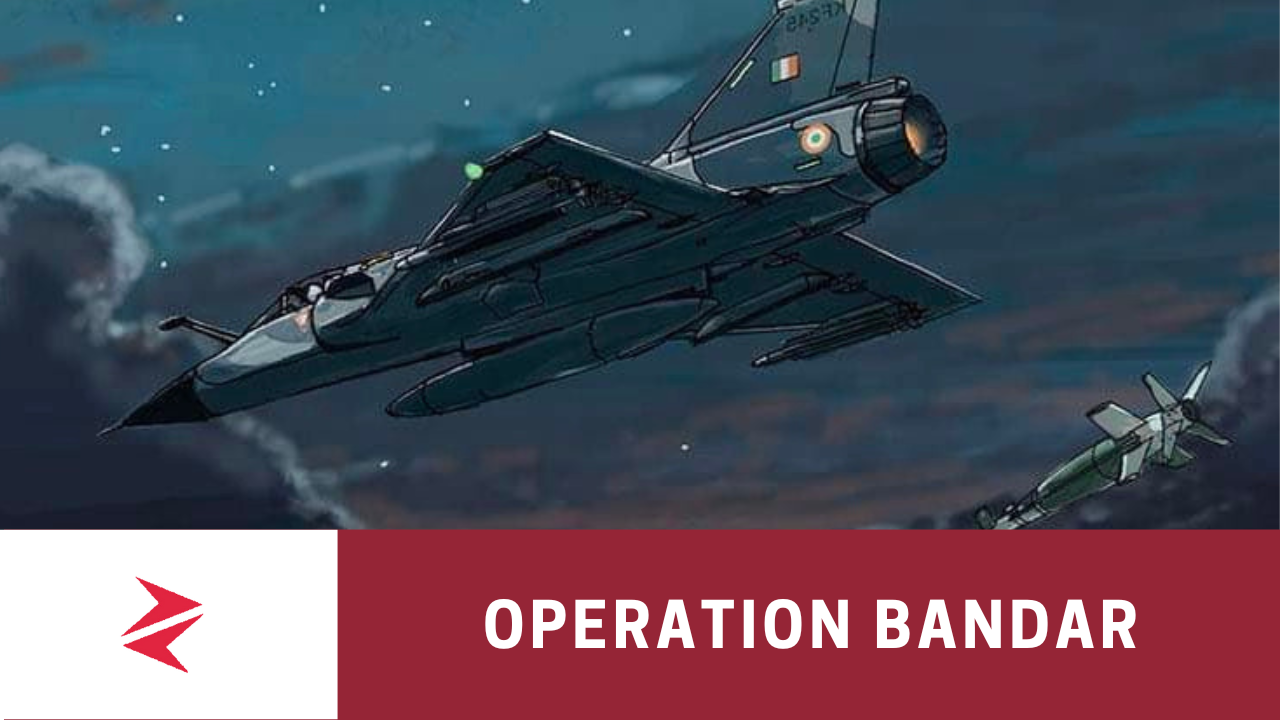Many Indians still believe that Abhinandan Varthaman, an Indian Air Force pilot, shot down a Pakistani F-16 fighter jet with his MiG-21 Bison aircraft, even though this claim is not supported by credible evidence.
The tension between India and Pakistan eventually de-escalated, and both sides agreed to exercise restraint and avoid further military escalation. However, the incident highlighted the ongoing conflict and tensions between the two countries, which have a long history of political and territorial disputes.
There are a few notable events that occurred on February 27th, 2019 between India and Pakistan. The Pakistani Air Force carried out airstrikes on legitimate military targets in India using Mirages with H-4 SOW and JF-17 with REK-1. In addition, two Indian Air Force jets (one Mig-21 and one Su-30MKI) were shot down by Pakistani F-16s. Lastly, the Indian Air Force accidentally shot down one of its own helicopters, a Mi-17, using their own ADS Spyder.
Hamarey dil itne baray hain ke khairiat se wapis bhejtey hain or chai bhi pilatay hain
Just recently, Saboor Ali took a dig at Javed Akhtar
Last year, I was holding Tea is Fantastic Tee in PSL 7 in Lahore. As shown by ESPNCricInfo,
